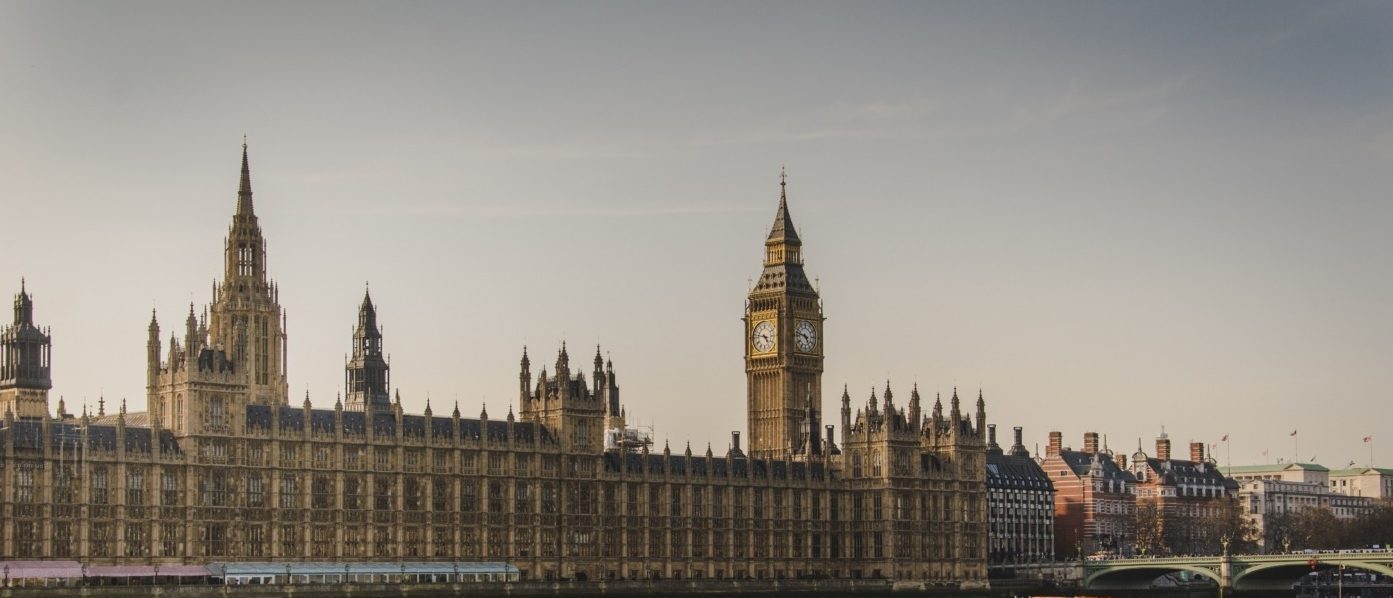TS Eliot poetry prize in political ‘Waste Land’
Who remembers the days before Trump and Brexit? When politics was not an endless report of demagoguery and division. When terms like “fake news” and “snowflakes” did not populate the political arena. In a time where sexual misconduct allegations and murdered journalists dominate the front pages, you would be forgiven for avoiding politics altogether. It would be understandable if you stuck your fingers in your ears and rode the wave of apathy that seems to have swept over the nation. Yet, curiously, there is a place where politics is still flourishing. In the realm of poetry, politics remains as potent as ever.
The TS Eliot prize for poetry, the most valuable award in British poetry, has announced its shortlist. Many of the 10 collections of poetry shortlisted for the £25,000 prize share an overtly political tone. The poems tackle burning issues across the political spectrum.
Sean O’Brien’s Europa reflects on Britain’s new relationship with Europe. Nick Laird’s Feel Free tackles Grenfell Tower and the refugee crisis. Across the pond, Terrence Haye’s American Sonnets for My Past and Future Assassin condemns the fast-food media consumption of American politics. In the words of judge and poet Clare Pollard: “It’s an intensely political list, and right now it needs to be a political list”.
We enjoy the poems that make us smile, make us laugh and make us fall in love
With the onslaught of depressing news, as the daily updates of Brexit negotiations crawl painstakingly on, there is an argument that politics should be left out of poetry. After all, isn’t literature what we turn to in a bid to escape the everyday? In one of his poems in Four Quartets, TS Eliot wrote “humankind cannot bear much reality”. He was observing a very human desire: to shy away from reality when it just becomes too much. And there is nothing wrong in reading poetry for those reasons.
In a 2015 poll conducted on the nation’s favourite poems, it is unsurprising to see Lewis Carroll’s nonsensical ‘Jabberwocky’ near the top of the list alongside Andrew Marvell’s wickedly irreverent ‘To His Coy Mistress‘ and Shakespeare’s lovestruck ‘Shall I compare thee to a summer’s day?’. We enjoy the poems that make us smile, make us laugh and make us fall in love.
Yet we also have an appetite for poetry of protest and resistance. Politics and poetry share a deep and often turbulent history. When Percy Bysshe Shelley was made aware of the Peterloo Massacre – where cavalry charged into a crowd of 60,000 protesters demanding parliamentary reform in 1819 – he turned to poetry. ‘The Masque of Anarchy’ encouraged common folk to “Rise like lions after slumber/ in unvanquishable number/ shake your chains to earth like dew/ which in sleep had fallen on you – ye are many – they are few”. Just under a century later, William Butler Yeats’ penned the tragic ‘Easter 1916‘. The poem describes the failed rebellion and execution of MacDonagh, MacBride, Connolly and Pearse, the leaders of the Easter Rising.
It is easy to be drawn into this digital world of political clickbait and soundbites
Perhaps most famously, politics and poetry reached its apex with Allen Ginsburg. When the author published ‘Howl’ in 1957, custom officials stormed into a London publishing office and seized all 520 copies. A bookstore manager was jailed and arrested for selling the poem to an undercover cop. Ginsburg’s references to drugs, sex and homosexuality brought scandal and a highly publicized obscenity trial. ‘Howl‘ was ultimately acquitted of indecency due to its “redeeming social importance”. It made the case that poetry was more than just pretty words. It did more than just document social and political upheaval. Its mere existence inspired political action.
Today, politics seems to me more corrosive and partisan than ever. It resides in a completely different battleground than that which Shelley, Yeats and Ginsburg advocated taking up the fight. It is easy to be drawn into this digital world of political clickbait and soundbites.
The collection of poems shortlisted in the TS Eliot prize is a timely reminder of the power which poetry still holds. It elevates language beyond the baying and screaming which has become modus operandi in the modern political arena. Or, as Clare Pollard puts it, poetry has the ability “to engage with language when it is being so debased, when there are so many lies and so much fake news”.
Poetry has long held the banner for protest aloft. It has long been a voice for the voiceless, the marginalized and the oppressed. In the shortlisted Europa, O’Brien laments “I tell myself I have my work/ when what I have is paper and a clock”. With just these tools, in the hands of poets, political poetry burns as bright and as powerful as ever.

Comments
Comments are closed here.